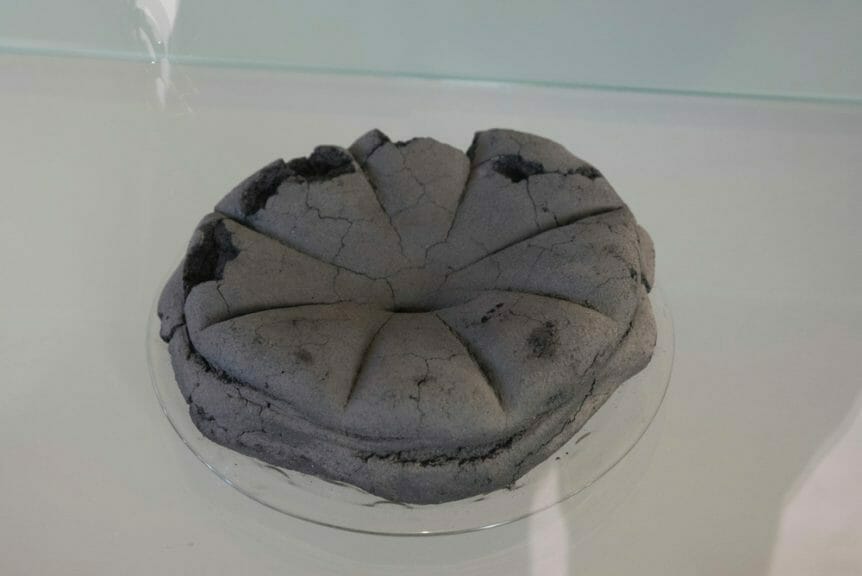Pompeii, a town near Naples, Italy, is known as one of nature’s greatest natural catastrophes. With the eruption of Mount Vesuvius in 79 AD, a whole city was frozen in time and preserved by ash and rock molds.
The Pompeii ruins made world news, to this day, because of how impeccably preserved every article and person is thanks to the rock and ash formation that covered the city.
What happened in 79 AD?
Pompeii was covered by this hailstorm of ash and rock up to 50 feet high. The speed at which the wave of ash covered the city led to volcanic material solidifying everything that was covered underneath.
Not only Pompeii but also the neighboring towns in Napolitan Bay, Herculaneum, Stabiae, Oplontis, and Boscoreale.
Thanks to the innovations of technology, we are able to uncover details of what life was like in 79 AD by slowly uncovering more and more elements of the beautiful city.
More than 1,500 people’s remains were discovered intact, alongside multiple daily-use objects that allow us to understand how people lived back in the day better. The human bodies themselves decayed over time, but the cast formed from the ash and rock formation left behind detailed impressions and preserved the exact position people were in when the volcano erupted.
So far, the types of objects uncovered have been the likes of family portraits, mosaics, furniture, leather materials, woods, and other organic material used to make clothes.
The sorts of buildings that remained intact were not only family homes but also bakeries, brothels, and saloons to have reunions and public baths.
What’s in the oven?
However, now, for the first time, a fully intact loaf of bread has been discovered.
The loaves of bread were found inside the ruins of a bakery, and scientists and archeologists alike are mesmerized at how perfectly intact their texture and shape were preserved.
The loaves themselves have the ‘baker’s stamp’ to ensure their quality and where the loaves are from.
The bakery has always been one of the most popular elements of the ruins of Pompeii, attracting millions of tourists each year.
Although it may be so ordinary today, a loaf of bread can give historical insight into the diets of Pompeians thousands of years ago. To be able to see the shape of bread, the quality of the bread, and to understand the ingredients that go within the bread, makes us all the closer to Romans’ livelihoods and understand how history has led us to what we are today.
Bake it yourself
Indeed, the British Museum invited Italian chef Giorgio Locatelli to recreate the Pompeian loaf back in 2013 for a one-of-a-kind exhibition. If you are keen to try it yourself, the ingredients the archeologists working with the British Museum identified were:
- 500g wholemeal or plain flour
- 500g spelt or buckwheat flour
- 4 tsp salt
- 4 tsp sugar
- c. 500ml water
- 600g biga acida (sourdough)
Another peculiarity was they discovered leavens were used instead of yeast to stimulate bread dough. However, instead of feeding the live yeast with flour and water as most bakeries do today, back then, they used legumes or grape skins to kickstart fermentation and keep the leavens fed.
Food of the world can give us insight into so many cultures and histories, but would you try this ancient loaf of bread?
Read more on the Cuisines of the World.














